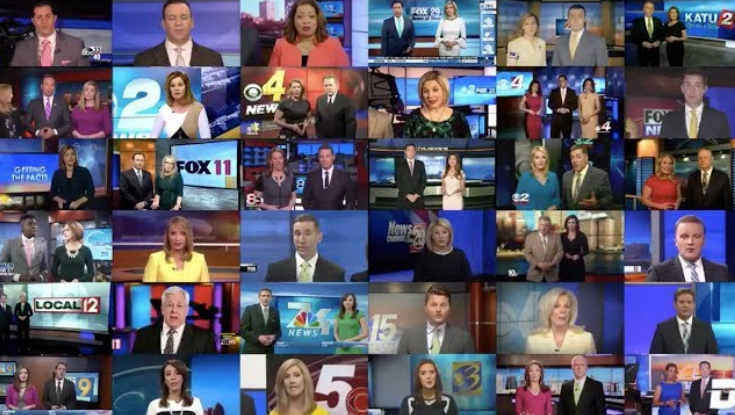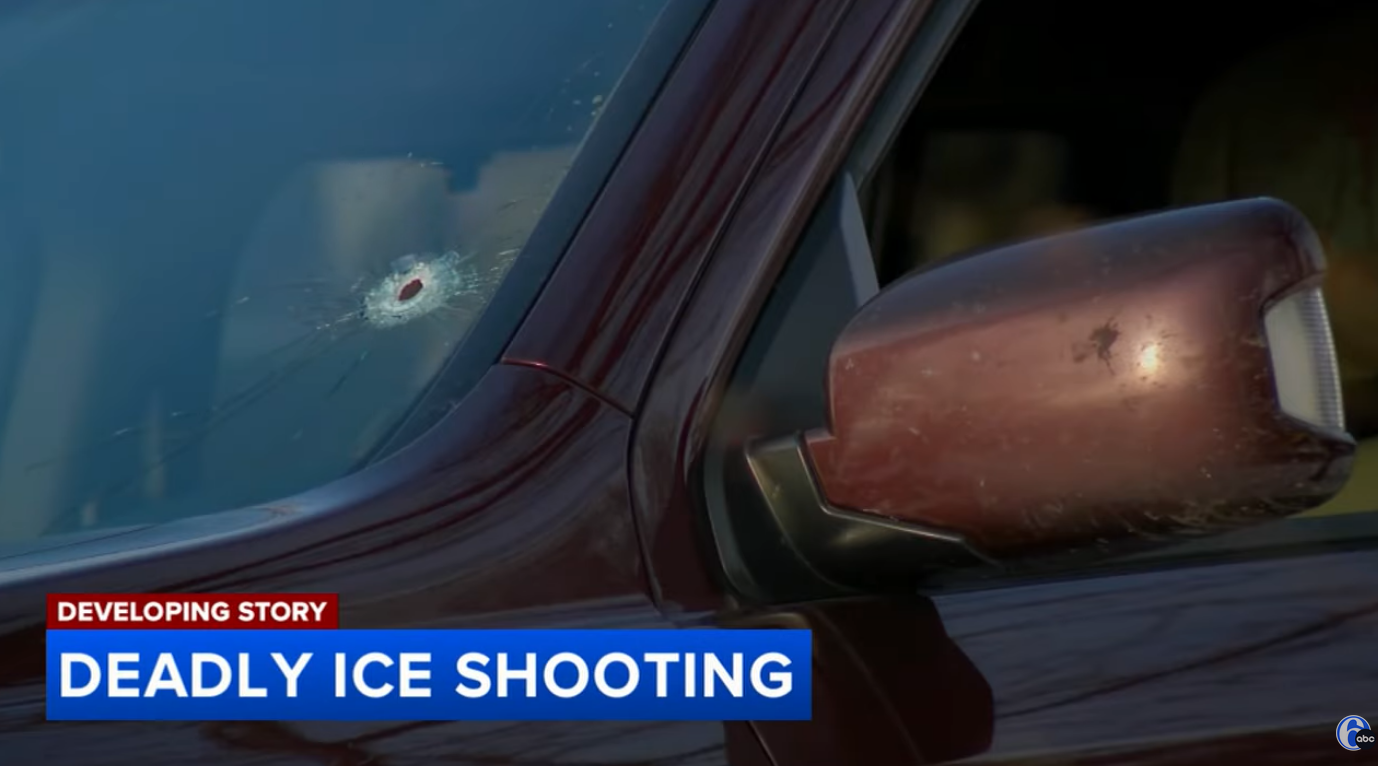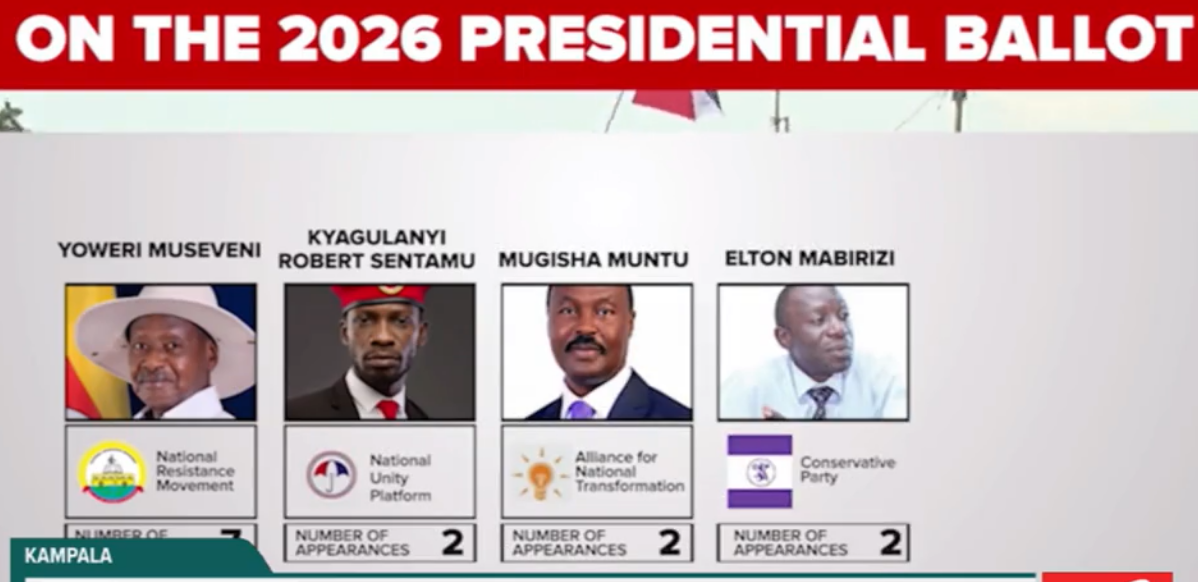Photos: YouTube Screenshots\Wikimedia Commons
On March 10, 2023, BlackEconomics.org released its first media-related open letter: “Open Letter to HBCU Law School Deans: Reparations for Black American Defamation.” The letter urged litigation against the media for its promulgation of adverse stereotypical images of Black Americans that motivate racial discrimination and follow-on socioeconomic injury.
The open letter hearkened back to an October 21, 2022 BlackEconomics.org essay, “Reparations for Mass Media Defamation.”
The role of the media as an injurious force surfaced again last Sunday when a CBS 60 Minutes episode “More than 2,000 Families Suing Social Media Companies Over Kids’ Mental Health” showed how social media engagement can cause death.

There is increasing evidence that social media is an even more powerful and effective tool for motivating harmful behavior than traditional forms of electronic media (i.e., radio and television); viz., the US Surgeon General’s (SG’s) May 2023 warning that social media may harm children and adolescents.
Although not researched aggressively enough and not documented well enough, certain scholars and laypersons are adamant that media targets Black Americans in ways that produce adverse outcomes: e.g., underperformance in academics; over engagement in violent and criminal behaviors that lead to death or incarceration; over adoption of “alternative lifestyles;” the formation of racial discriminatory prejudices by employers that cause Black American unemployment; over investment in sports and athletics; and so on.1
This issue can be addressed through litigation against the media. But that will be an elongated process. However, there is much that Black Americans can do now to brake adverse outcomes produced by media:
• As suggested by the SG, limit adult and youth access to, and consumption of, media.
• Write letters to corporations that control media. Better yet, attend their board meetings. Advocate for
the removal of content that produces adverse outcomes for Black Americans. Such content is poison.
• In every respect, support litigation against any form of media that causes injury to Black Americans.
• Invest in and acquire Black American invented and developed hand-held and other electronic devices
that can block access to harmful media content and related algorithms.
If Black Americans do not engage urgently, actively, and vigorously on this issue, then we will continue to suffer the detrimental effects of adverse media including: High levels of death, crime, imprisonment, unemployment, etc. We will serve as open-eyed and willing acceptors of, and volunteers for, ongoing efforts designed to injure us.
Let your action response to this letter serve as an inoculant against media that seeks to destroy Black Americans every day.
Sincerely,
Lindsey “Rob” Robinson & Brooks Robinson\Black Economics.org
[1] The following are examples of sources that discuss the media’s role in adverse Black American outcomes in: (A) academics; (B) violence; (C)
alternative sexual orientations; (D) unemployment; and (E) sports. (A) Maya Gordon (2016), “Achievement Scripts: Media Influences on Black
Students’ Academic Performance, Self-Perception, and Career Interests,” Journal of Black Psychology, Vol 42, No. 3; pp. 195-220. DOI:
10.11177/0095798414566510. (B) Caitlin Elsaesser et al (2021), “Small Becomes Big, Fast: Adolescent Perceptions of How Social Media Features
Escalate Conflict to Offline Violence,” Children and Youth Services Review. Volume 122, March 2021; pp. 1-11;
https://doi.org/10.1016/j.childyouth.2020.105898. (C) Lisbeth Berbary and Corey Johnson (2017), “En/Activist Drag: Kings Reflect on Queerness,
Queens, and Questionable Masculinities,” Leisure Sciences, Vol. 39, No. 4; pp. 305-18; https://doi.org/10.1080/01490400.2016.1194791. (D) Brooks
Robinson (2009), “Black Unemployment and Infotainment,” Economic Inquiry, Vol. 47, No. 1; pp. 98-117, https://doi:10.1111/j.1465-
7295.2008.00165.x. (E) Eric Klimowicz (2018), “Nature or Nurture? The Concentration of African Americans in Specific Sports,” Student
Publications. 690. https://cupola.gettysburg.edu/student_scholarship/690.








Comments are closed.